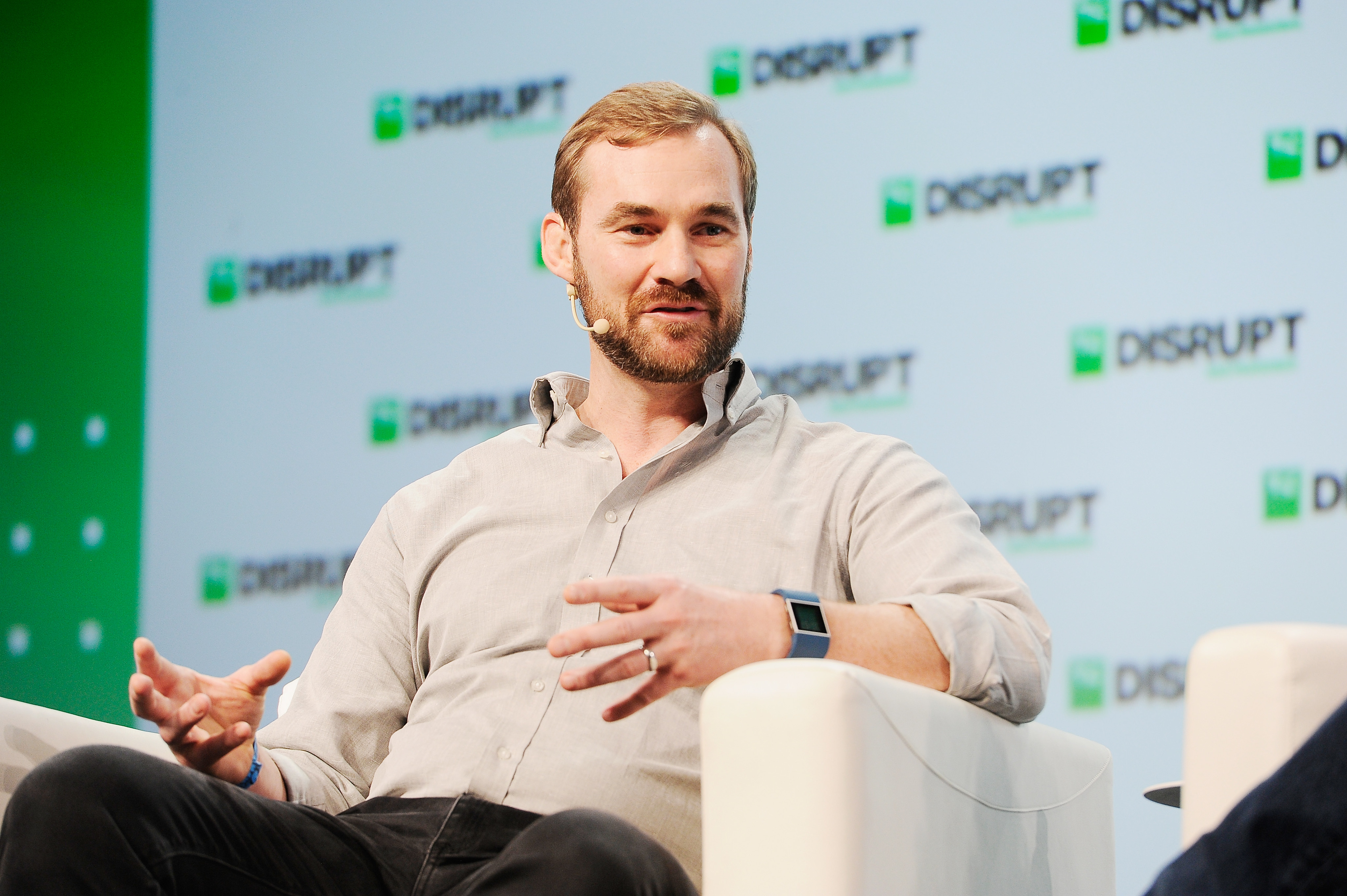 EMERGING TECH
EMERGING TECH
 EMERGING TECH
EMERGING TECH
 EMERGING TECH
EMERGING TECH
Quantum computing company Rigetti Computing Inc. revealed today that it’s pushing back by a year its plans to deliver on 1,000-qubit and 4,000-qubit systems.
The company said in an updated technology roadmap that it will deliver a single-chip 84-qubit machine by next year, before launching a 1,000-qubit system in 2025 and a 4,000-qubit system in 2027. Previously, it had announced plans to launch the chips in 2024 and 2026, respectively.
In an update that came as the company delivered first-quarter earnings results, Rigetti said the new timeline is based on factors that include higher-than-anticipated labor, equipment and system component costs and supply chain challenges that have affected the availability of “input materials.” In addition, Rigetti said it also has less working capital than expected as a result of its merger with a special-purpose acquisition company last year.
Rigetti underwent a so-called SPAC merger as a way of going public without the intense scrutiny and expense of an initial public offering.
Rigetti said the single-chip 84-qubit computer will be based on the company’s next-generation chip that’s designed to provide higher fidelity and increased connectivity compared with its existing chips.
Founded and led by former IBM Corp. physicist Chad Rigetti (pictured), Rigetti is a leader in a rapidly emerging quantum computing segment that was once considered to be little more than a science experiment. These days, though, scientists believe we could be on the verge of a grand new era of computing, in which machines use quantum mechanics to accelerate the speed at which they perform calculations. Proponents say quantum computers potentially can handle tasks that are far more demanding than even today’s fastest supercomputers can perform.
One of the problems Rigetti is trying to overcome in quantum computing is the stability of the so-called qubits that sit at the heart of quantum machines, in the place of traditional “bits” in classical computers. To do this, Rigetti has pursued what’s called a “multichip” approach to building quantum processors, last year unveiling its Aspen-M processor that featured 80 qubits, compiled using two separate 40-qubit quantum chips.
So while Rigetti’s next single-chip will extend to 84-qubits, it will continue with the multichip strategy in order to continue building more powerful and capable machines. To that end, its roadmap now calls for it to deliver on a 336-qubit multichip processor sometime in 2023, followed by the 1,000-qubit multichip system in 2025, before finally delivering on the 4,000-qubit system in or after 2027.
“Both the 1,000+ and 4,000+ qubit systems are expected to utilize the advantages of the Company’s multi-chip technology and next-generation architecture, similar to the Company’s expectations for its 336-qubit multichip system,” the company said in a statement.
Analyst Holger Mueller of Constellation Research Inc. said it’s hard enough to build quantum computers as it is, so when major players such as Rigetti are forced to contend with supply chain problems, chip shortages and increased costs, it’s only going to become more difficult.
“Rigetti has had to adjust its plans for its next-generation quantum systems,” Mueller said. “Only the future will tell how much this delay will hurt Rigetti. We will know more when we hear of the plans and roadmaps of its competitors and how these challenging conditions affect them.”
Unfortunately for Rigetti, one of its biggest competitors recently indicated that its quantum ambitions have not been affected by the recent economic turmoil and COVID-19 pandemic-related challenges. The much better-funded IBM recently announced its own updated roadmap, which includes plans to deliver on a 4,000-plus-qubit system called “Kookaburra” by 2025.
In its first-ever earnings results since completing the SPAC merger, Rigetti revealed that it’s barely making any money at all at present. Revenue for the first three months of fiscal 2022 came to just $2.1 million, down from $2.4 million one year ago. Overall, the company posted a $10.4 million loss.
Support our mission to keep content open and free by engaging with theCUBE community. Join theCUBE’s Alumni Trust Network, where technology leaders connect, share intelligence and create opportunities.
Founded by tech visionaries John Furrier and Dave Vellante, SiliconANGLE Media has built a dynamic ecosystem of industry-leading digital media brands that reach 15+ million elite tech professionals. Our new proprietary theCUBE AI Video Cloud is breaking ground in audience interaction, leveraging theCUBEai.com neural network to help technology companies make data-driven decisions and stay at the forefront of industry conversations.